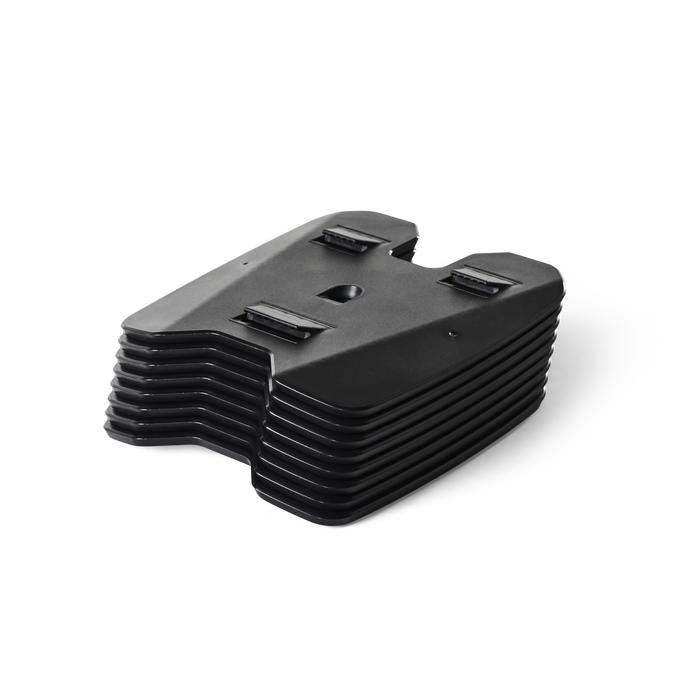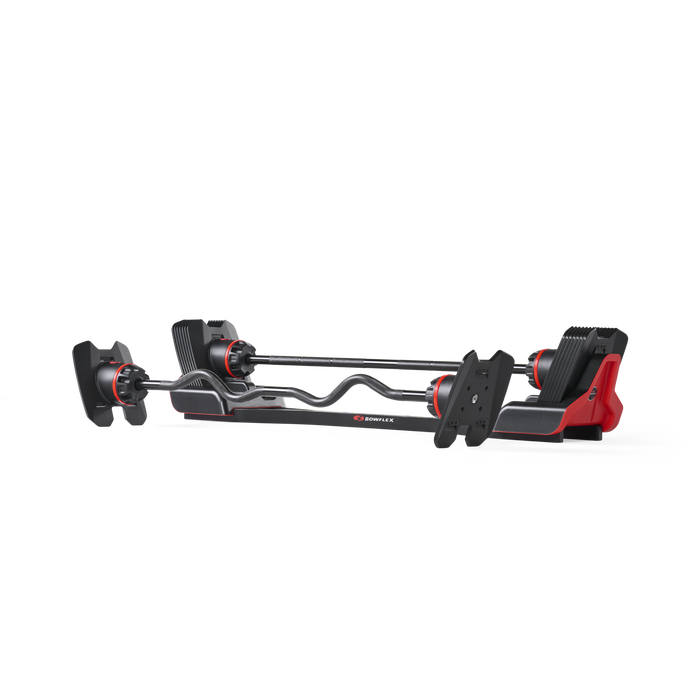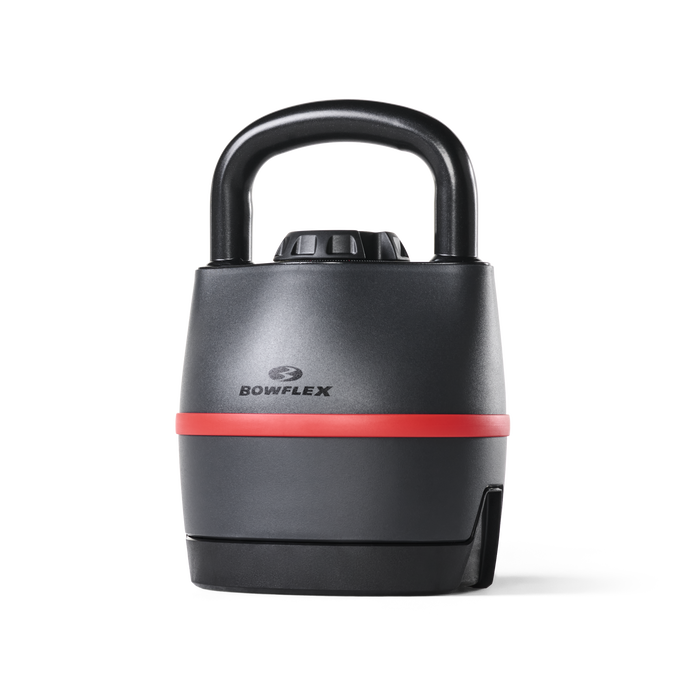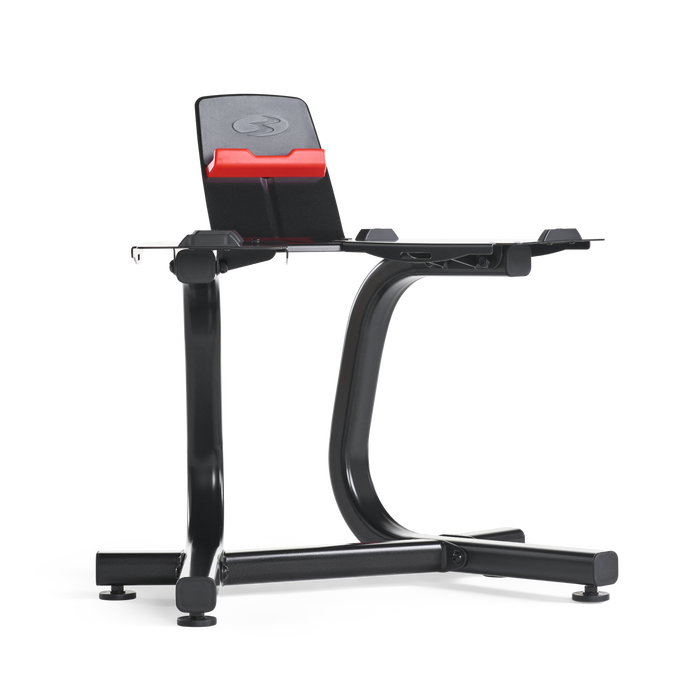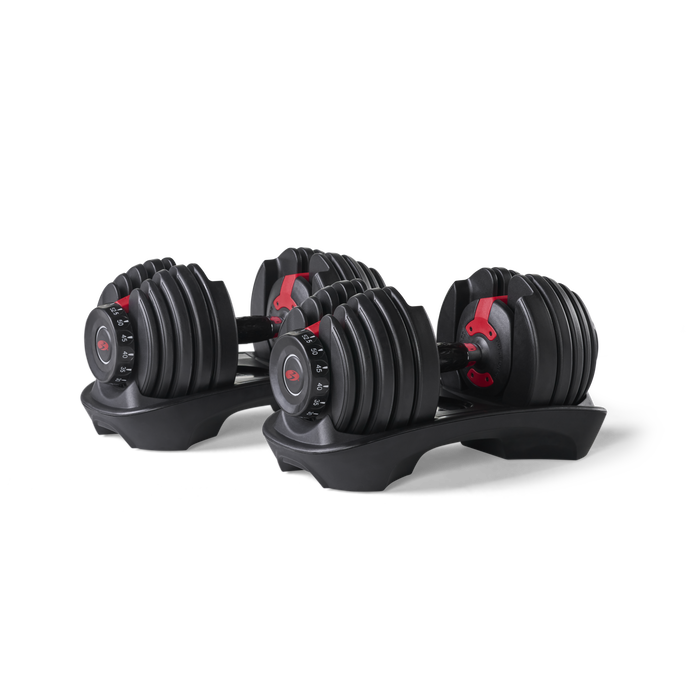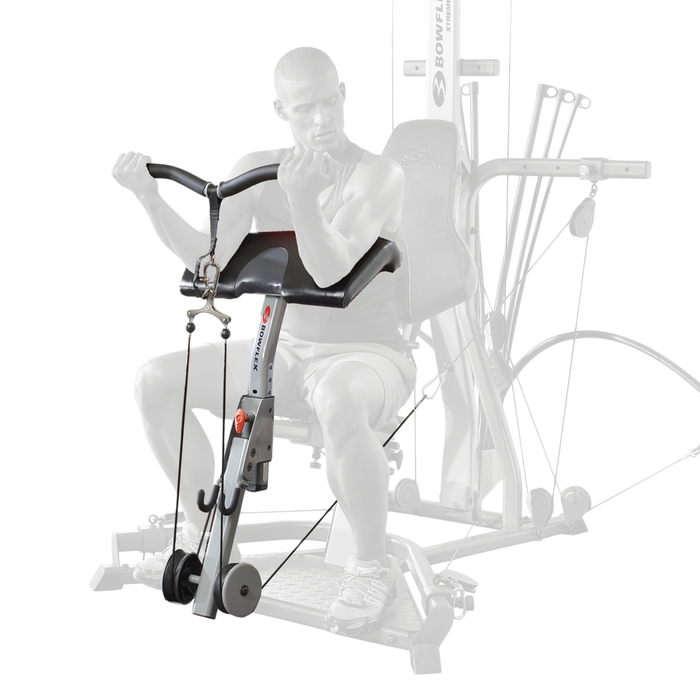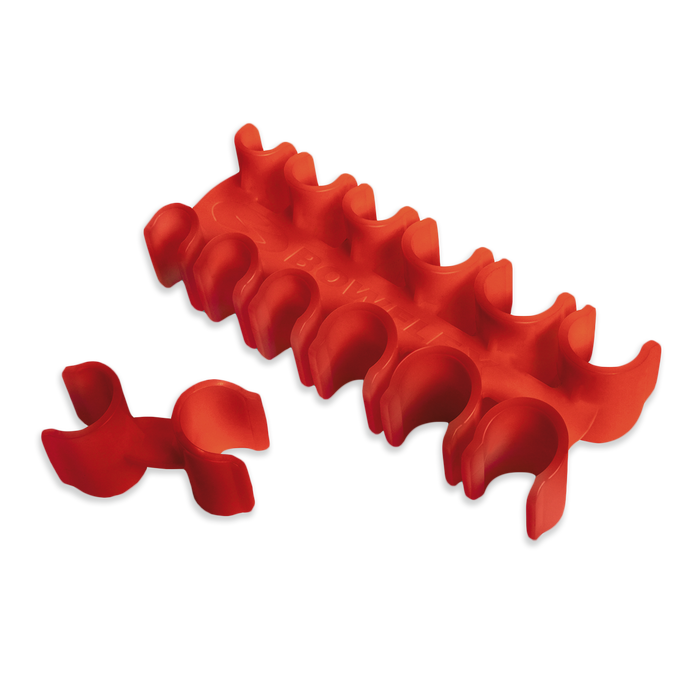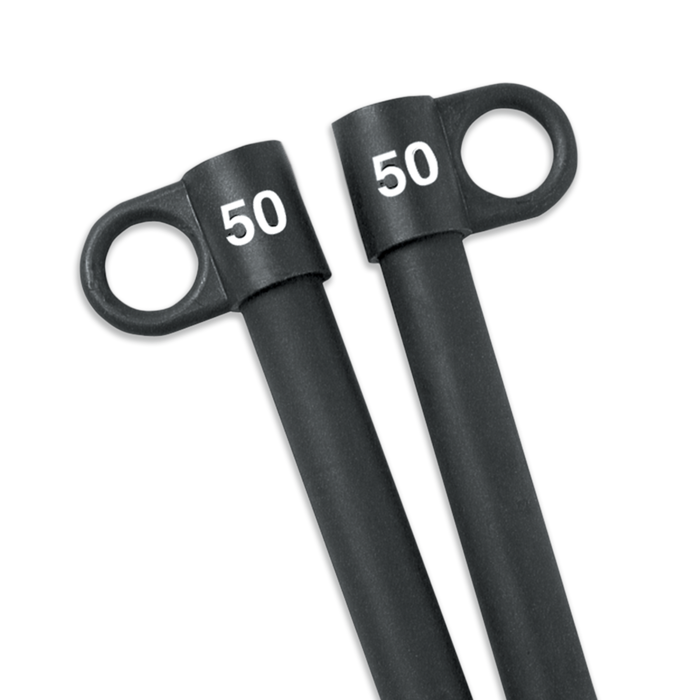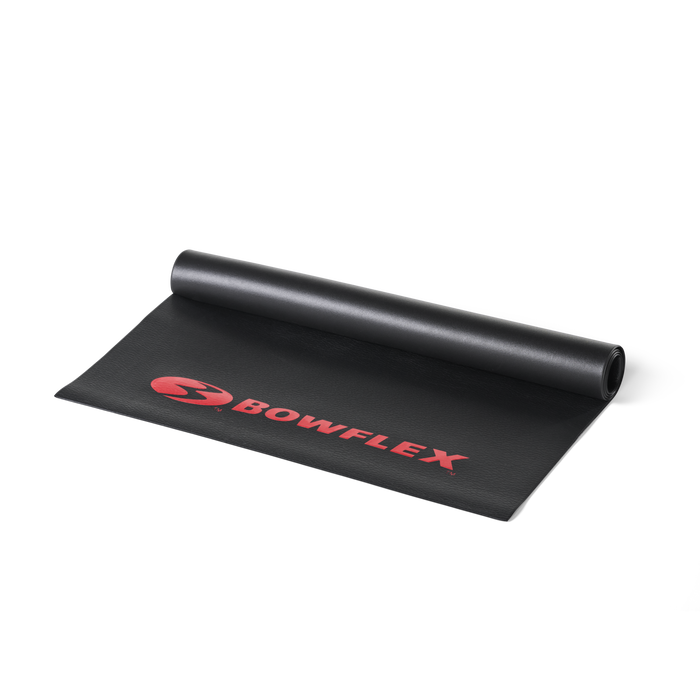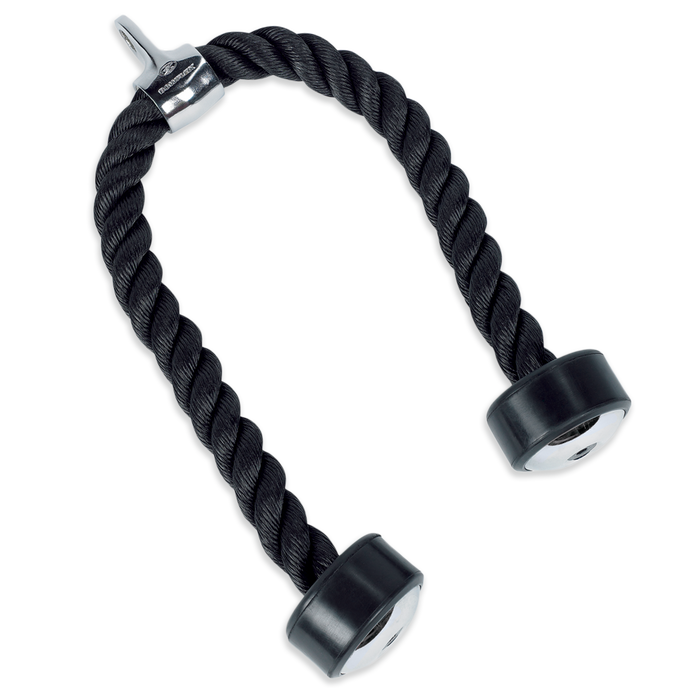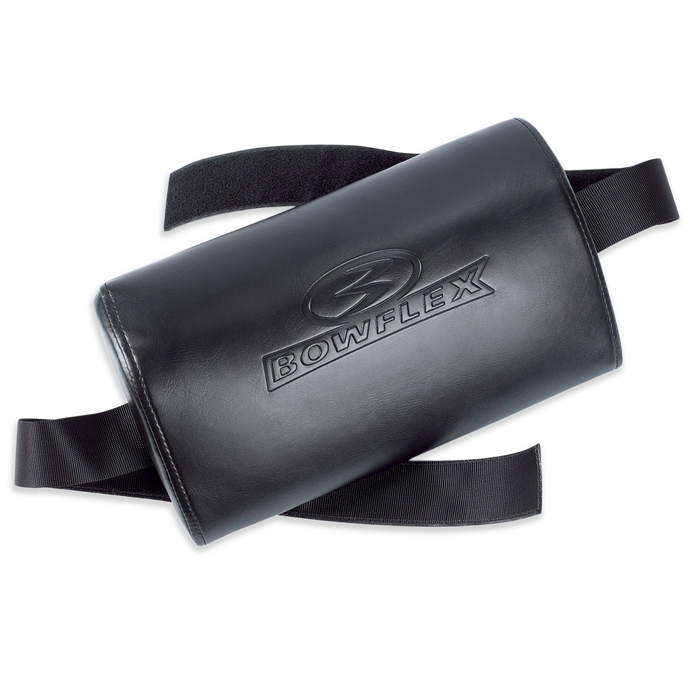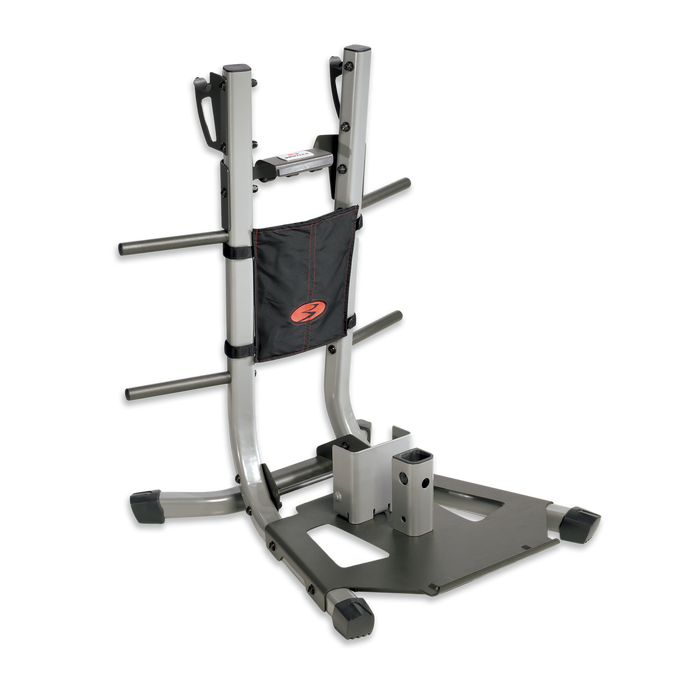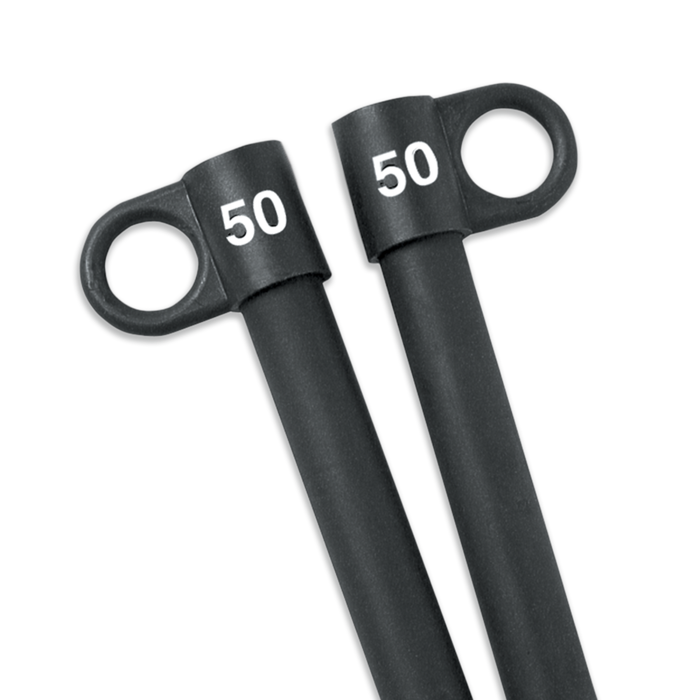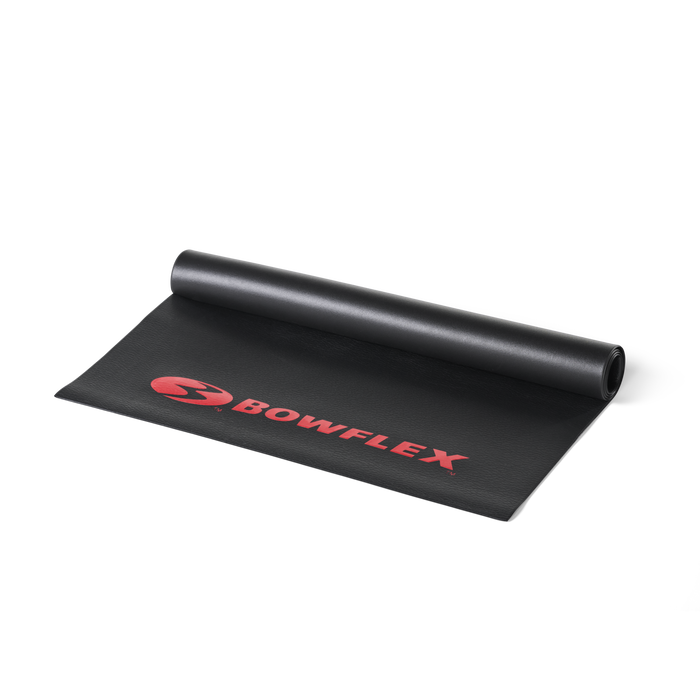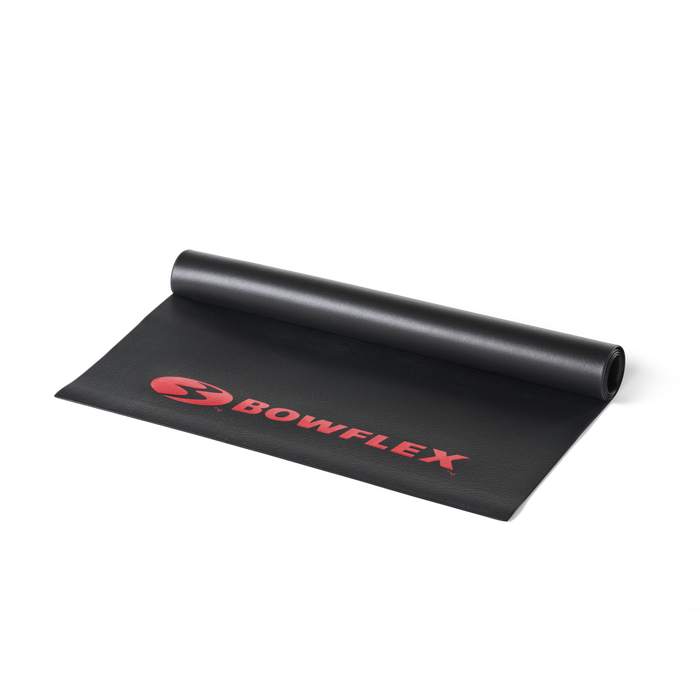What to Look for When Supplement Shopping

There's no magic pill or supplement that will substitute for healthy eating and exercise. There are a few supplements that are worth taking and many more that you should avoid. Here's the lowdown on what supplements to consider taking (only after consulting with your doctor), which ones to skip, and few things to look for.
- Omega-3 from fish oils Most Americans don't eat enough seafood and don't get enough omega-3 fatty acids. Take a fish oil supplement for omega-3s with DHA and EPA. ALA is the third type of omega-3, found in flaxseed, chia seeds, and walnuts, but it's not as effective. The recommended dose of Omega-3 fatty acids for healthy people is 1,000-4,000mg/day. Look for “molecularly distilled” on the bottle, which means the fish oil has been tested for toxins. If you experience fishy-tasting belches after taking fish oil supplements, this is a good indication that it's a low-quality product.
- Vitamin D is a fat-soluble vitamin that most Americans don't get enough of, especially in the northern U.S. during the winter time. Our bodies can make Vitamin D from the sunshine and a few foods have vitamin D, including egg yolks, dairy, and mushrooms.
- Look for Certification Labels, which means the product has gone through third party testing, is safe, and has the amounts of the nutrients claimed on the bottle. This is important, because unlike food, supplements aren't regulated and without a certification symbol there's no guarantee you're getting what you're paying for.
- Sports Supplements to skip: amino acids, glutamine, CLA, and deer antler velvet spray just to name a few. Some of them sound good in theory but don't have sound research to support their claims. Save your money and refrain from buying any supplements that make too-good-to-be-true claims like “increases energy”, “burns fat”, “boosts metabolism”, or makes a claim that it will help prevent a certain disease or condition. Remember, if any one of these supplements worked as they claim, new ones wouldn't come out on the market every week.
- Just because a supplement claims to be made from all natural ingredients, doesn't make it safe. Many supplements are made with plant derivatives but are not safe in higher doses. Even if all-natural, they can still interact with other supplements or medications and can be very dangerous. Always report supplements you're taking to your healthcare providers.
With some supplements, especially omega-3 fats, the benefits can't take effect unless use in conjunction with a healthy diet, because the unhealthy fats always win. In general, you're always better off spending more money on a balanced and healthy diet rather than wasting it on supplements.
**If you're on any medications, consult your doctor or pharmacist before taking any supplement.

